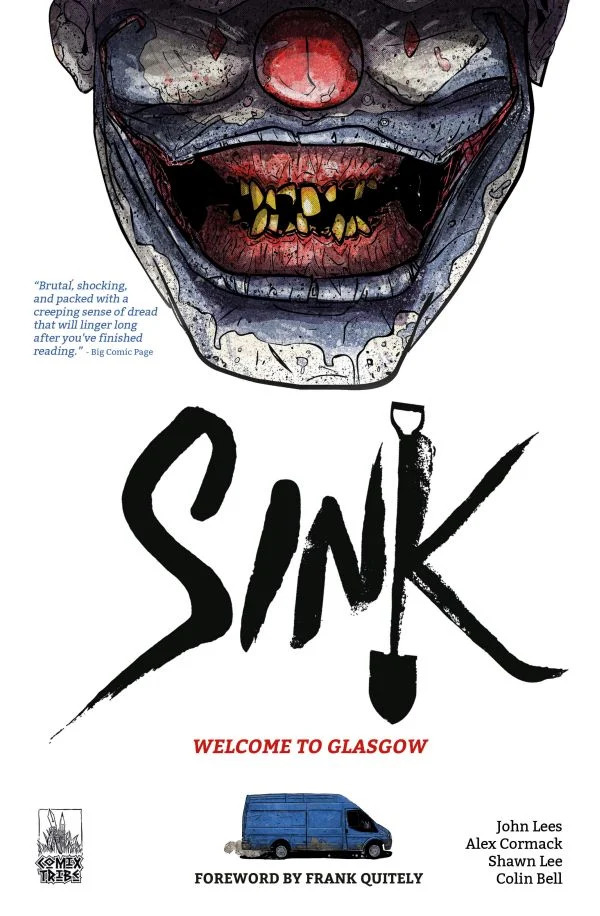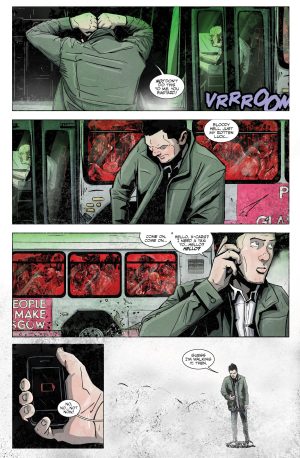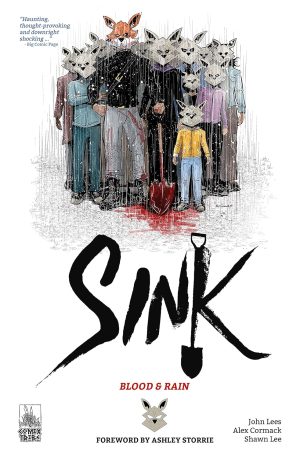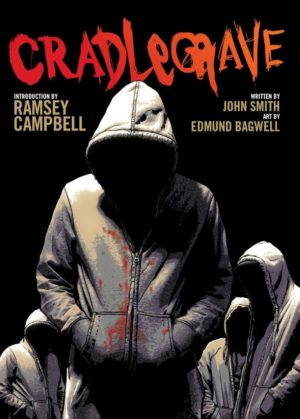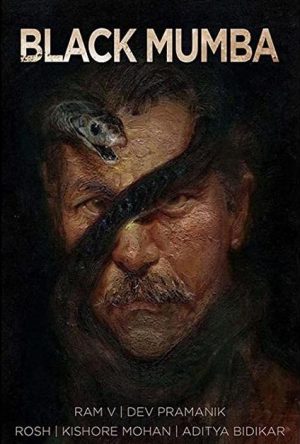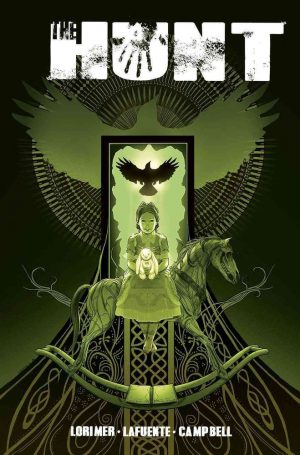Review by Frank Plowright
Unless you live in Glasgow, Sink is the best horror series you’ve never heard of. It’s creative, atmospheric and flat out terrifying, yet also darkly funny. Locals may have already found themselves immersed.
Glasgow is Scotland’s largest city, was once the second largest city in the UK, and still numbers among the five biggest. However, it remains an undervalued city, lurid stories of knife crime and drug use continually spread nationally, when the truth is its problems are those of any other large British city. John Lees takes this exaggerated reputation and inflates it further in five stories set in the deprived estate of Sinkhill.
It’s populated by the worst of humanity who’ll slice you up without a second thought, and those who’ll protect you from them or clean up your mess are hardly comforting. Lees presents outsiders caught in the wrong place at the right time, but who consider themselves decent people, and contrasts them with Sinkhill’s residents. You may be surprised to learn there’s not much difference, and while it’s not explicitly stated, the delusional equate money with decency and consider absolute deprivation and zero hope only applies to scum. It’s a pernicious argument applied the world over when it comes to social engineering.
It’s a point strongly made in every story, but secondary to imaginative urban horror very well illustrated by Alex Cormack. Glaswegians will recognise the care taken with locations outside Sinkhill, and while anger and fear are the primary emotions, Cormack supplies a full expressive range where necessary. Assorted dark places are evocatively imagined, greatly helped by Cormack also doing most of his own colouring. Outlined figures in dingy locations commit astonishing brutality and yet they’re sometimes barely seen, but not all dirty deeds are committed in darkness, and when full on brightness is needed, Cormack obliges. He’s not shy with the blood either. Sink isn’t for the faint-hearted.
In addition to horror connecting five stories, several feature a protagonist not entirely at ease with what they are, down to timid school children looking for a missing friend, and Lees ensures no-one conforms to a stereotype. He also looks at the one time hardest nut on the estate, the person who makes things disappear for a career and the woman whose dog goes missing, all given credible personalities, motivations and a recognisable voice. Some relish the local accent, while others consider themselves to have risen above it. It’s an instant identifier, while a sense of community is fostered by people from one story recurring in another.
These are exceptionally smart and darkly humorous stories, captivating with creativity and commentary, yet also presenting a rancid world that’s just a mile up the road. If you don’t get into a blue van with clowns you may still be around for Blood & Rain.
